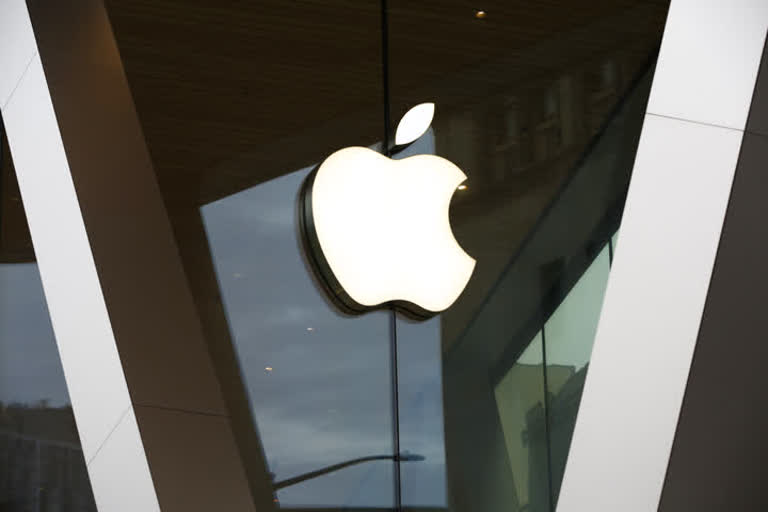San Ramon (California): Apple shook off supply shortages that have curtailed production of iPhones and other popular devices to deliver its most profitable holiday season yet.
The results posted Thursday for the final three months of 2021 help illustrate why Apple is looking even stronger at the tail end of the pandemic than when the crisis began two years ago.
At that point, Apple's iPhone sales had been flagging as consumers began holding on to their older devices for longer periods. But now the Cupertino, California, company can't seem to keep up with the steadily surging demand for a device that has become even more crucial in the burgeoning era of remote work.
"IPhone has never been more popular," Apple CEO Tim Cook crowed during a conference call with analysts. The company's Mac computers and, to a lesser extent, iPads also continue to proliferate. With the iPhone leading the way, Apple disclosed it now has more than 1.8 billion devices worldwide now in use.
Apple's inability to fully satisfy the voracious appetite for iPhones stems from a pandemic-driven shortage of computer chips that's affecting the production of everything from automobiles to medical devices.
But Apple so far has navigated the shortfalls "in almost Teflon-like fashion," Wedbush Securities analyst Daniel Ives said in a Thursday research note. That deft management enabled Apple to report iPhone sales of $71.63 billion for the October-December period, a 9% increase from the same time in the previous year.
Also read:Apple briefly crosses record 3 trillion dollars market cap
Those sales gains would have been even more robust if Apple could have secured all the chips and other components needed to make iPhones. That problem plagued Apple's July-September quarter when management estimated that supply shortages reduced its iPhone sales by about $6 billion. Without specifically quantifying the amount, Cook said the supply shortages delivered an even larger blow to its sales in the most recent quarter.
Those constraints dealt the biggest blow to the iPad, whose sales fell 14% from the year-earlier period. Management predicted the supply problems won't affect sales as dramatically during the current quarter ending in March.
Despite the drag caused by the shortages, Apple still earned $34.63 billion, or $2.10 per share, a 20 increase from the same time in the previous year. Revenue climbed from the previous year by 11% to $123.95 billion.
